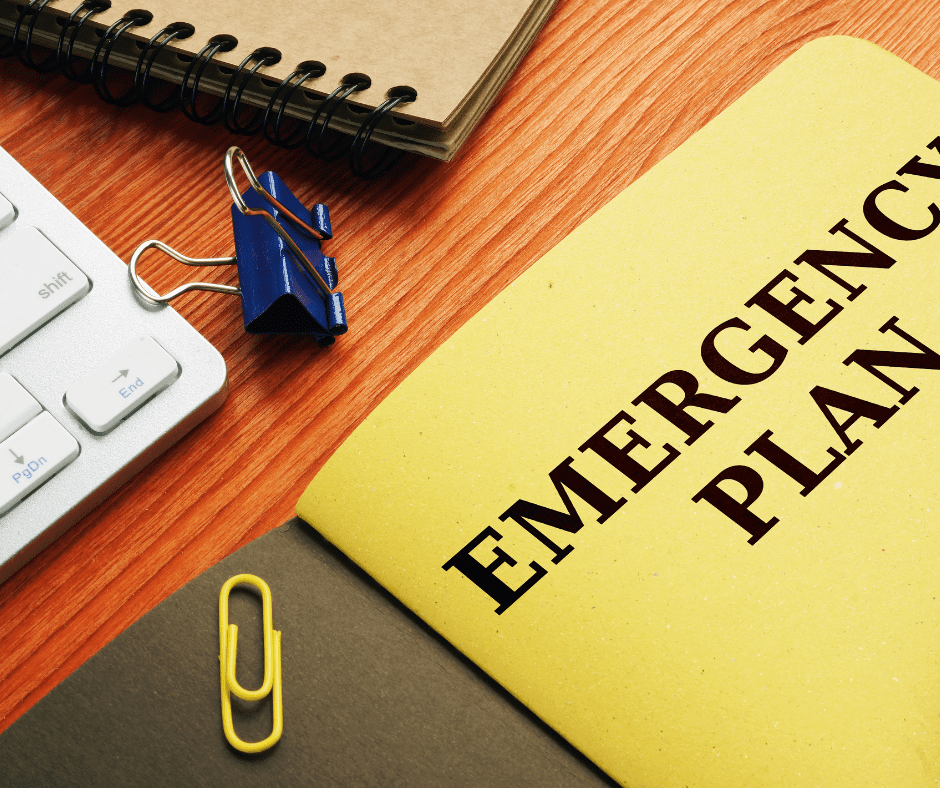By Payton Tholstrup
September is National Preparedness Month. While talking about disasters or emergencies isn’t always easy, it is necessary to be prepared. Preparing for emergencies can keep families and communities safe. If you haven’t already, take this month to create an emergency plan with your family.
Pam Kemp, Director of Clay County Emergency Management, said, “Emergencies are unpredictable and often happen without warning. Being prepared to stay safe through the emergency and the recovery after the disaster should be a priority in every home and business.”
Kemp explained there are simply not enough emergency responders and helping agency personnel available to send help to every household and business to assist after a widespread emergency or disaster occurs. She highlighted the basic skills individuals should know, just in case help cannot be immediately reached.
First aid and CPR were on the list of important skills everyone should know, as well as how to properly use a fire extinguisher. “Have large, well-maintained fire extinguishers in easily accessible locations and be sure everyone in the family knows how to use them,” she said, adding that local fire departments can help with this training if you call and ask for an appointment.
It’s also important to consider how you will safely provide light, warmth, food, and water for the family during extended power outages. You should never use cookstoves or candles as a sort of heat. Generators or any other kind of fuel-burning device should never be used indoors or in attached garages; be sure they are placed outdoors away from doors and windows of livable areas of the structures.
Kemp also emphasized the importance of making sure the smoke and carbon monoxide detectors on every level of the home are working. Most smoke alarms need a new battery at least once a year, so if you hear chirping, you should replace the battery as soon as possible.
Lastly, Kemp recommends that everyone has two kinds of emergency kits. One that will provide for what you need if you are sheltering in place at home, and a “go bag” to quickly grab and take with you if you must evacuate your home and seek shelter somewhere else. Kits should have whatever your family needs to comfortably survive for several days, possibly weeks. Things such as food and water, medications, and personal supplies are strongly recommended.
To find out more about emergency preparedness, check out this link: https://www.fema.gov/pdf/areyouready/basic_preparedness.pdf













